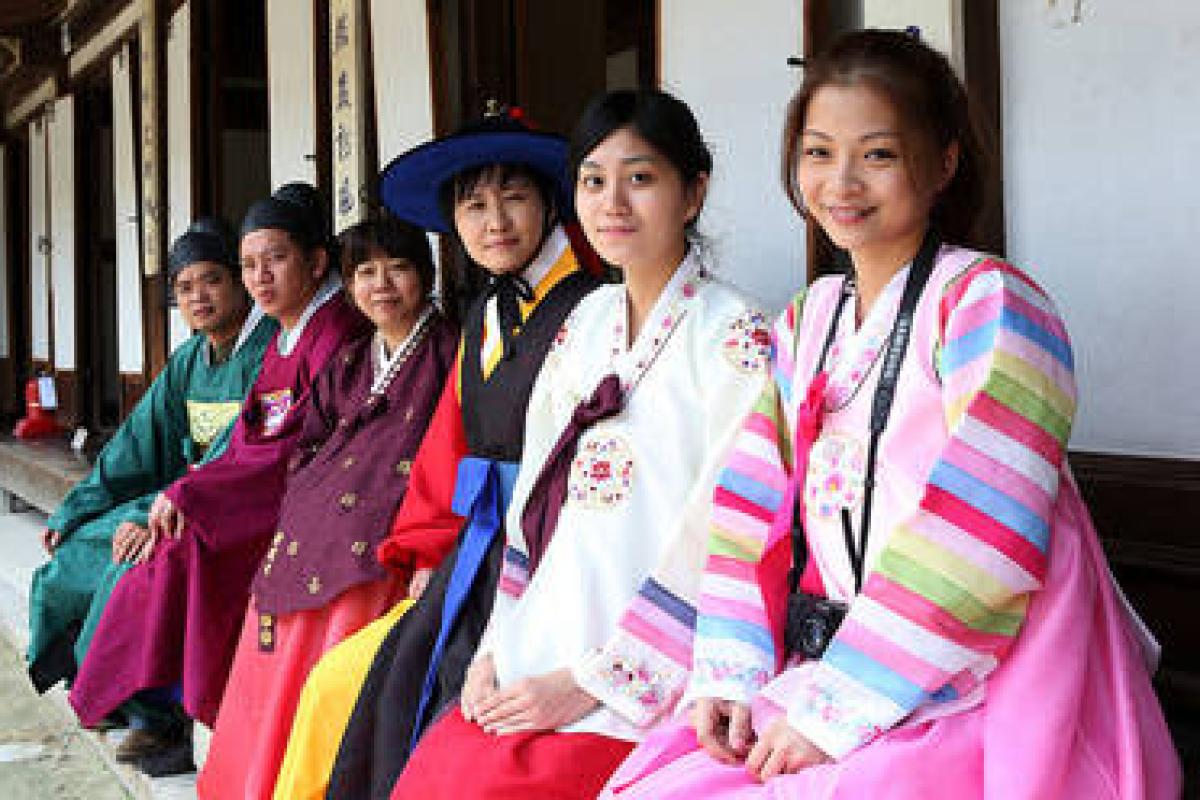What comes to your mind when you think of “Korea”? The Korean War, Samsung, Psy’s “Gangnam Style”, Korean television dramas, or the one and only “Kim Jong-un” in North Korea?
Amongst some of these famous impressions, Korea has also been known as the “graveyard” of global companies. Almost 86% of automobiles registered in the first half of 2016 were domestic brands. Global market leaders, such as P&G and Unilever, have never attained the same domestic position of market leaders, with local companies LG and CJ in dominance.
The marketing services industry follows the same trend. Since market liberalisation in 1990, many global agencies entered Korea as a joint venture, led by the likes of McCann-Erickson, Leo Burnett, and JWT.
After 25 years, Korea’s advertising market is ranked 6th among the OECD nations, at USD11.8 billion per annum. However, no global agency has been ranked in the top 10; with the possible exception of TBWA. Like many other industries, the advertising industry is dominated by local players, most of which are in-house agencies – Cheil (Samsung), Innocean (Hyundai), Daehong (Lotte), HSAd (LG), Oricom (Doosan), SK Planet (SK), etc.
This unique business environment is created by the “Chaebols”, large conglomerates categorised by strong ties with government agencies, such as Samsung and LG. From the ruins of the Korean War in 1953, Korea has experienced an economic miracle to become the world’s 7th largest economy. This was made possible by the close collaboration between the government and a few local companies.
Under the government’s economic development plans, these companies enjoyed various privileges, special loans, protection from competitors, and priority government project offers. In return, they had to offer political leaders, so-called, political funds. This deal worked extremely well for both parties, however, this has led to the creation of huge “Chaebols”, which account for a great majority of the Korean economy across all sectors – literally from “sugar” to “aircraft”.
However, this honeymoon period between the “Chaebols” and the government is now being curtailed though an anti-corruption campaign which saw JWT investigated and voluntarily shut down their operation in response to an investigation into payments made to KT&G (a semi government body monopolising tobacco and ginseng). Other local in-house agencies may also face similar charges.
In this environment, marketers have some challenging choices to make. And advice and input from independent, professional specialists can help them make better-informed and transparent decisions, on maximising their marketing resources, and also very importantly avoid any concerns over internal and external influences on their decision-making.
Kay Lee is Specialist Consultant, Korea, The Observatory International.
